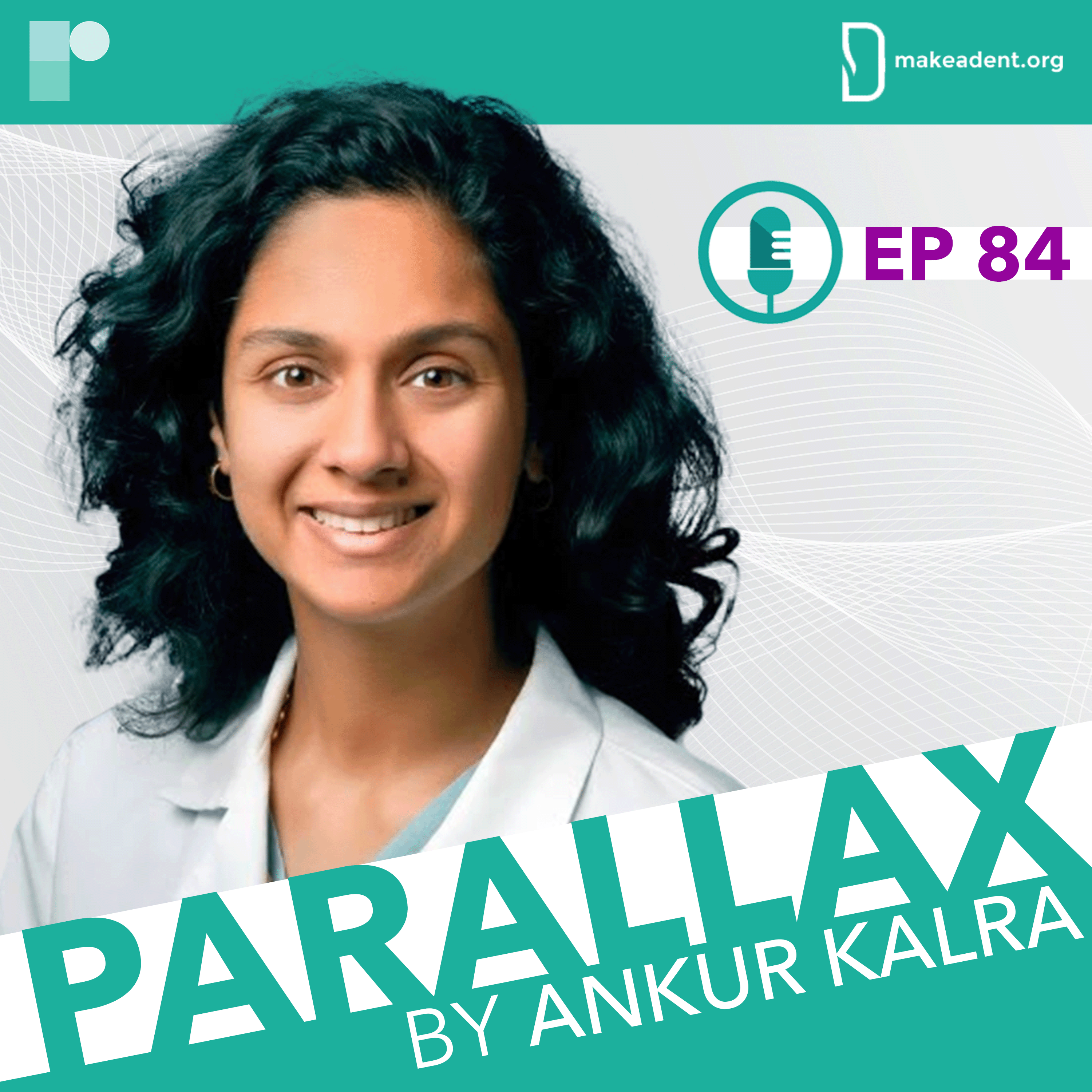
“Medical school cannot, and should not, feel easy—but it should feel worthwhile” – these are the opening words of Dr Kittleson’s book, Mastering the Art of Patient Care. Dr Kittleson’s book is not only a great resource for patient care, but a heartful companion to early career faculty as well.
Dr Kalra’s guest on Parallax this week is Dr Michelle Kittleson, Professor of Medicine at Cedars-Sinai, Director of Education in Heart Failure and Transplantation and Director of Heart Failure Research at the Smidt Heart Institute.
Coming from generations of doctors, Dr Kittleson describes herself first and foremost a dedicated clinician. With her new book, Dr Kittleson offers her mentorship and shares her advice on how to make patient care fulfilling for both clinicians and patients.
In this rich and insightful discussion, Dr Kittleson talks about the origins of famous #kittlesonrules, a collection of tips for doctors shared on Twitter, and her thoughts on mentorship. We learn more about Mastering the Art of Patient Care. Dr Kalra and Dr Kittleson discuss strategies for managing difficult situations in patient care.
You can find out more about Mastering the Art of Patient Care here.
How do you pick a medical programme? How can you define your medical style? What can you learn from Mastering the Art of Patient Care?
Questions and comments can be sent to “podcast@radcliffe-group.com” and may be answered by Ankur in the next episode.
Guest: @MKIttlesonMD, host: @AnkurKalraMD and produced by: @RadcliffeCARDIO.

This episode features a vascular neurologist and an interventional cardiologist who will discuss the relationship between their two fields of medicine.




What is the Global Cardiology University project? How does Dr Anavekar encourage trainees to re-examine their role in patient care? What is his advice to our listeners?

As Dr Kalra asks Dr Rao about the ways in which early career faculty members can get involved with the organization at a state level. Dr Rao shares his insider tips and highlights key events where individuals can further their participation.
How can you get involved with your local ACC chapter? How can you improve your leadership skills? What is Dr Rao’s advice for our listeners?

He explains how the complexity of nutrition and the compounds generated by the gut microbiome can impact our health. We learn more about three compounds produced by our gut microbiome that have a strong connection with heart disease.
Through this conversation, Dr Vuyisich invites us to reframe our approach to nutrition and prevention as a question of food education and data-driven science.





